#DMTBeautySpot #beauty
Just like there's really no such thing as a "summer book" (other than a book you read in the summer), there's not really such a thing as a "fall book," either. I mean, yes, a fall book is a book... you read... in the fall, but the words "fall book" aren't nearly as evocative as the words "summer book," you know?
Or maybe they are. Maybe reading in the fall makes you want the kind of book that allows you to forget, if only for a little while, that everything around us is dying, or at least changing, and that we're still some ways away from any kind of rebirth, no matter how much we need it. Or maybe the perfect fall book isn't a distraction from all that, but rather a reminder of it, even an illuminator of it.
Or maybe that's a lot of responsibility (and more than a little bullshit) to put on a book simply because it comes out at a certain time of year. Hard to say! Either way, here is a selection of some of the most noteworthy books coming out over the next few months.
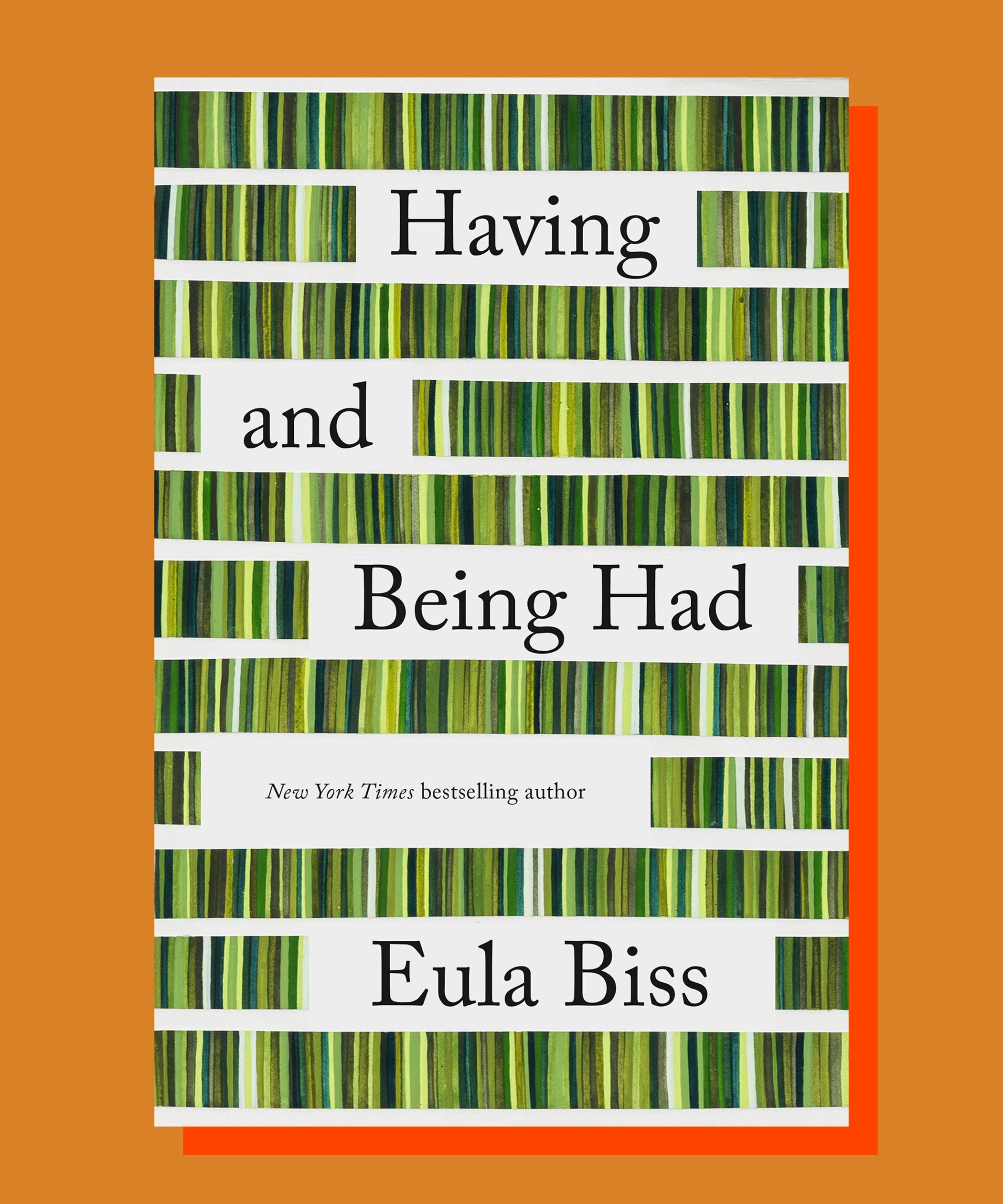
In Having and Being Had, Eula Biss subverts Joan Didion's famous sentiment — "we tell ourselves stories in order to live" — and writes: “The lies we want to believe tell us something about ourselves." And perhaps one of the biggest lies we tell ourselves, the one that Biss wrestles with in this book, is that there is such a thing as ethical consumption under capitalism. For Biss, this lie is particularly pertinent as she and her husband buy their first home, and ascend firmly into that most fetishized of economic positions: the American middle-class. Biss works to deconstruct the fantasies so many of us share surrounding things like the Protestant work ethic and marital equality, and goes on a self-reflective journey in an attempt to determine how to align ethical considerations with personal comforts. It's no easy task! But Biss writes with clarity, intelligence, and humor throughout, probing taboo topics and refusing to reach any easy conclusions to the many difficult questions she poses.
Read my recent interview with Eula Biss, here.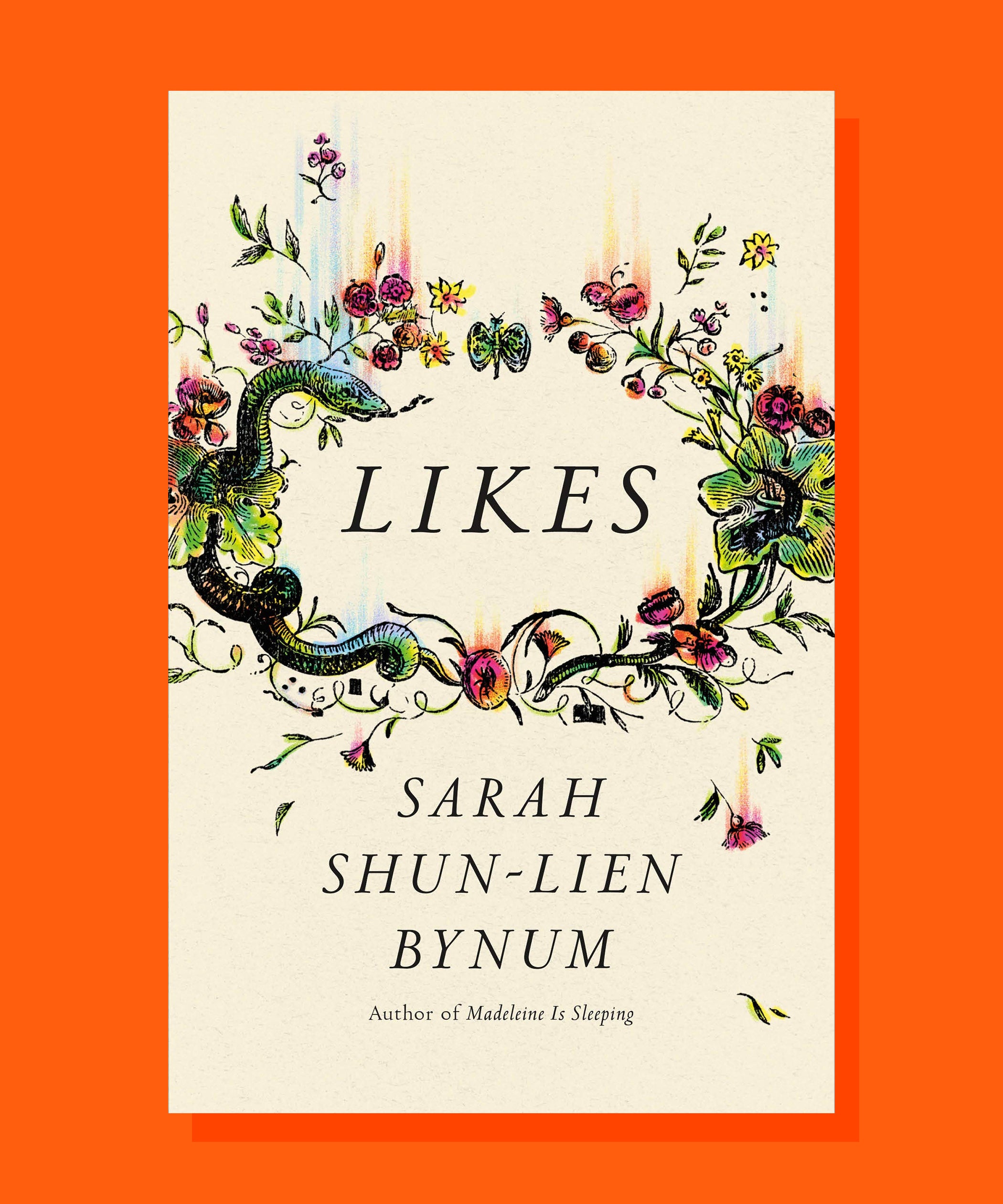
Each of the stories in Sarah Shun-lien Bynum's dazzling new collection offers lucid insight into the many perversities, small and large, that define our most typical interactions. From a father confused by his adolescent daughter's social media persona to a writer dealing with the lingering effects of a miscarriage, Bynum's stories probe the fragile, confusing moments of our lives, and tease out the underlying thrums of energy, magnifying all the emotion that exists just below the surface, illuminating what it means to be alive right now.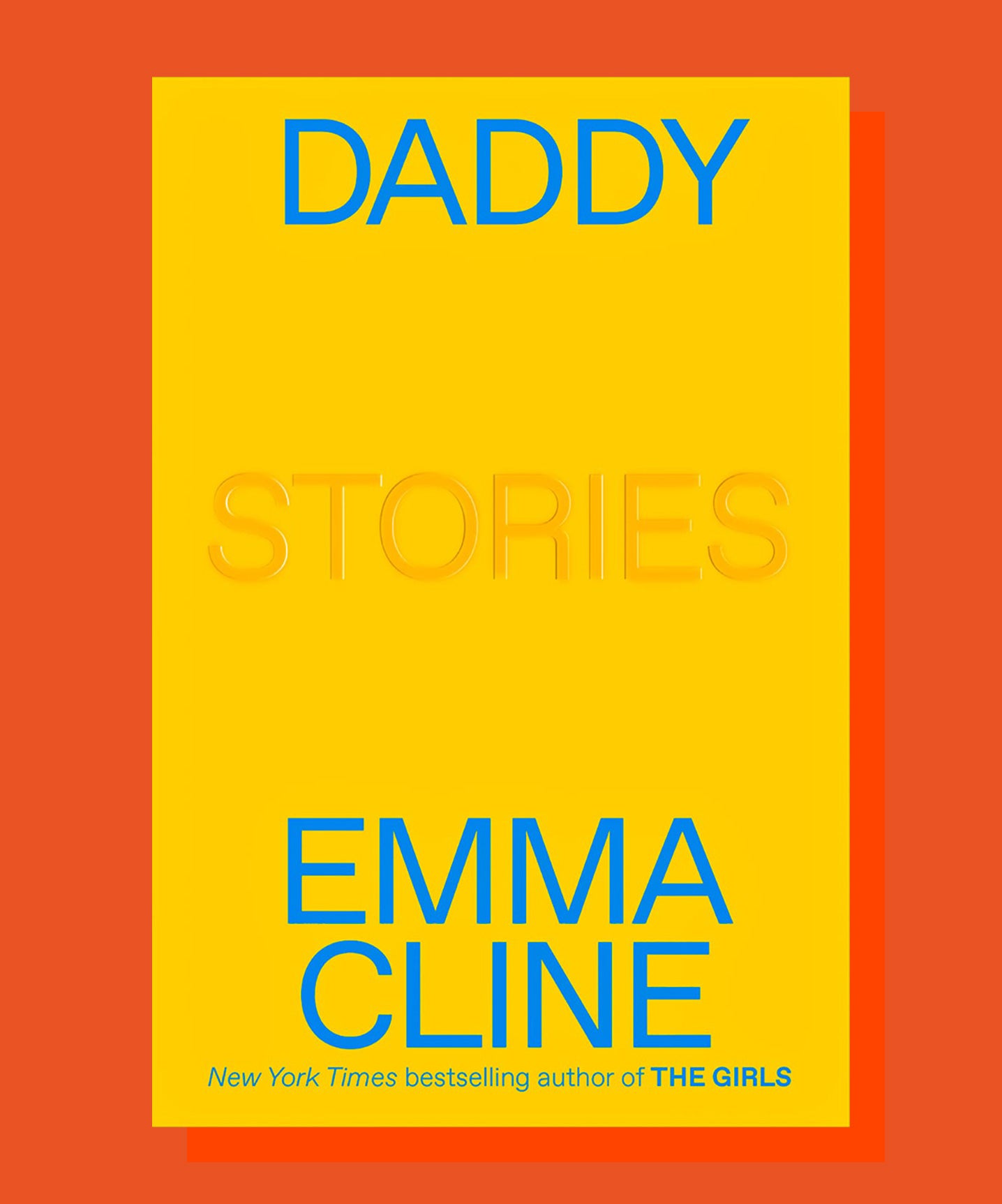
Daddy is Emma Cline's much-anticipated follow-up to her riveting debut, The Girls, and while it shares some similarities with that novel — sensitive, precise portrayals of young women; a preternatural understanding of the most twisted of our desires — the 10 short stories in this collection are a notable departure in other ways, each affording a polished glimpse at different facets of human nature. Three new stories accompany seven previously published pieces, but each — whether a glimpse of a family having to make a difficult decision on Christmas Eve or a nanny caught up in a celebrity scandal — reveals Cline's ability not only to harness the disturbing energy that reverberates all around us, but also to make it into something worth examining, not just so that we can better understand the darkest parts of the world around us, but so we can better understand the darkest parts of ourselves.
It's no wonder that Gifty, a neuroscience PhD candidate at Stanford, wants to uncover the biological basis of suffering — she's experienced no shortage of it in her own life. Though now living in California, Gifty grew up in Homewood, Alabama: Her father left, returning to Ghana, when she was younger; her brother, Nana, died of a heroin overdose after becoming addicted to Oxycontin following a high school sports injury; and her grieving mother has dealt with depression ever since. Yaa Gyasi —whose 2016 debut novel, Homegoing, was a riveting tour-de-force — probes the boundaries of despair and grief — and love — to powerful effect in Transcendent Kingdom, revealing the ways we seek to rationalize emotionally incomprehensible things. As Gifty navigates her conflicting desires — reason and faith — Gyasi nimbly shows how human the desire is to reconcile the tragedies that surround us, to search for meaning, and to come to terms with all that we will never know.
Simply existing as a 15-year-old in the world is a dizzying, disorienting task, but for Monk, the protagonist of Jamie Marina Lau's strange and raucous debut novel, there's a lot more that's confusing than just typical teenage stuff. For one, she's attracted to a guy, Santa Coy, who's more interested in hanging out and making art ("Basquiat-lite") with her dissolute father, than being with her. In a sense, it's pretty perfect that one of the best novels about art and scams and art scams that I've read in a while is also a high-school novel, because — as can be seen via different scenes set in similarly drug-infused high school and art world parties — the two milieus aren't that different at all; they're all about illusion and pretense and a desperate desire to belong. Lau captures all this with a chaotic, instantly addictive style and canny insights into the motivations that drive people to do some very dark things.
Set in 1970s Uganda, A Girl Is a Body of Water is at turns rapturous and devastating as it follows a young girl, Kirabo, who is searching for her mother, and figuring out how to be a woman in the world. Raised by her paternal grandmother and other women in a small village, Kirabo is 12 years old when she visits Nsuuta, a local witch, to find out about her missing mother. Although she doesn't get the precise answers she wants, Kirabo is told that she contains within her something of the "first woman," an essence that speaks to the strength of women before society turned against them. As Kirabo is forced to venture out into the larger world, she carries with her this knowledge, and it buoys her throughout the difficulties she encounters, much in the same way that Makumbi's writing uplifts and inspires, evoking the grand tradition of folklore and stories passed down, one woman to the next.
Told with her singular sensitivity and wit, What Are You Going Through is a quietly powerful testament to Sigrid Nunez's ability to render even the most emotionally ruinous events with intimacy and grace — there is no better chronicler of empathy. As with her National Book Award-winning The Friend, Nunez explores themes of friendship, love, and loss, only here it is through the narrator's conversations with an assortment of people — and ex, an old friend, a stranger — all leading up to the moment when the conversations about death become less abstract and more active. This is all heavy stuff, of course, and yet Nunez navigates it all with care and delicacy; even so, the effect of this book is profound, devastating and uplifting all at once.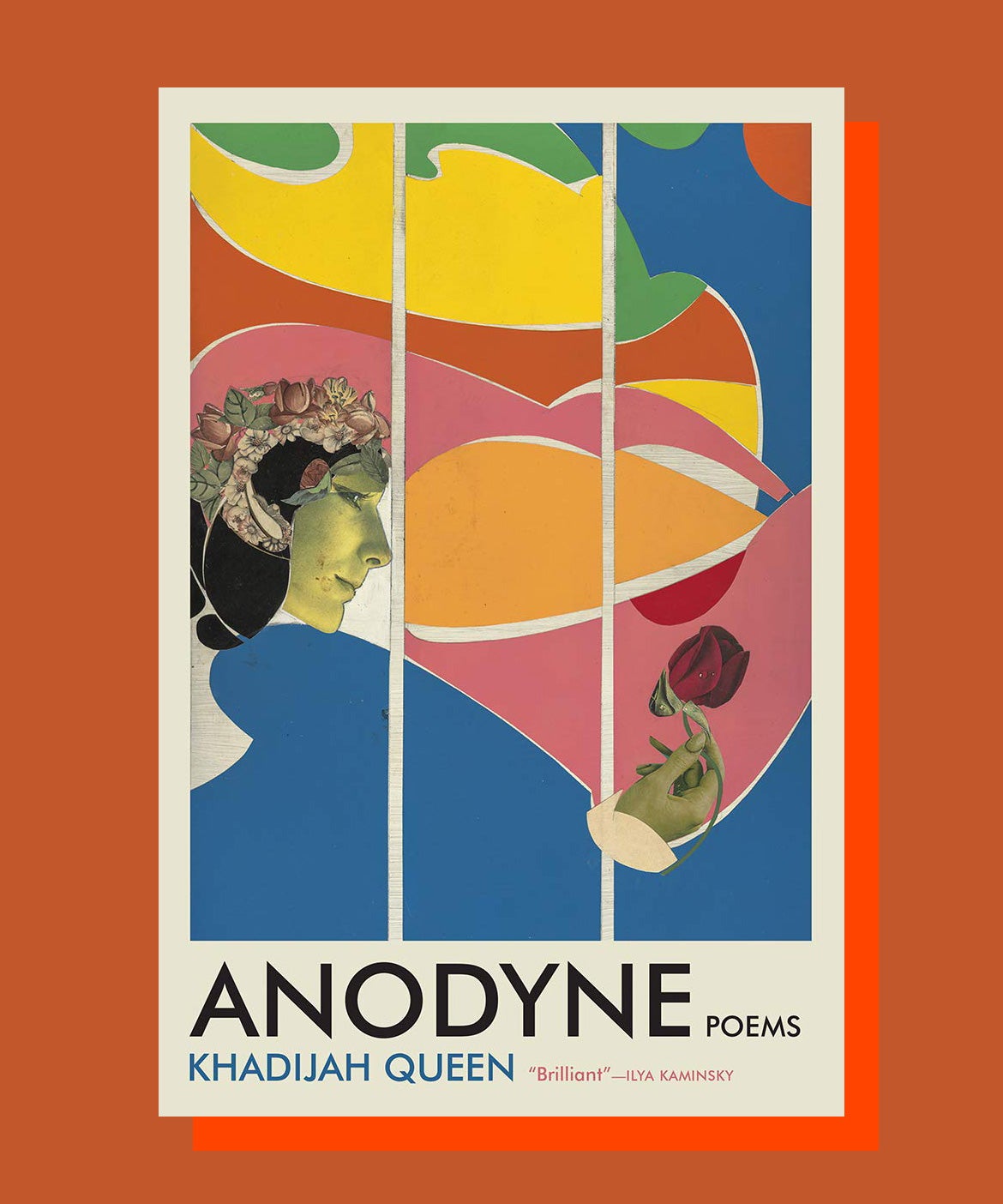
In Anodyne, Khadijah Queen brilliantly captures the many paradoxes, the countless jarring juxtapositions, that make up the fabric of our lives. Queen subverts the ways we categorize things like joy and disaster, love and loss, and shows, with a glistering exuberance, the ways in which the extremes of life all exist at the same time — this dissonance is what makes life unbearable and ecstatic all at once. These poems are a reminder of all that is still possible in this world, no matter how much tragedy surrounds us.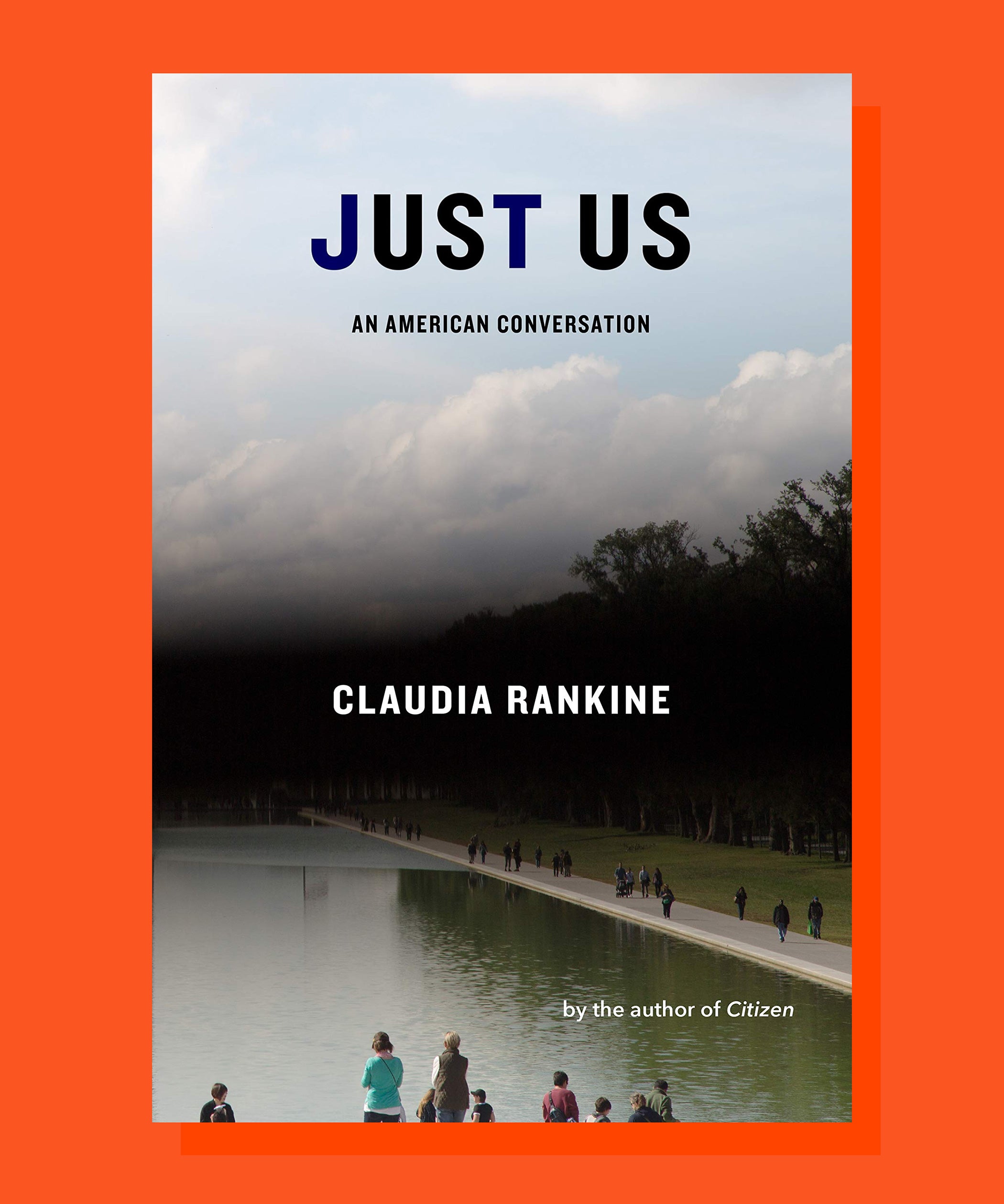
As she did with her powerful breakout hit, Citizen, Claudia Rankine has once again written a book that feels both timely and timeless, and an essential part of the conversations all Americans are having (or should be having) right now. Just Us's blend of essays, poetry, and images all exist in conversation not only with the reader, but also with one another, as Rankine uses her art to break through the barriers that prevent people from speaking honestly to those who don't share similar backgrounds. Just Us is far from prescriptive, of course, and Rankine makes clear her own blind spots when engaging with others; this only leads to a more intimate reading experience, a reminder that we all have work to do, so we'd better start having these conversations as soon as possible.

Thirty-five-year-old Eve does not return to her Toronto home for happy reasons: Her highly accomplished sister, Tam, has just died, and the last time the two spoke, they had a vicious fight. But then, Eve's life in New York is not perfect, either: She's not married, has no children of her own, and still isn't done with her dissertation. But, who needs perfect? Especially when perfection didn't mandate a happy ending for Tam. Over the course of seven days, as the family sits shiva, Eve not only mourns her loss, but also probes her past, revisiting the messiness of old loves, sibling rivalry, and unfulfilled desires, all in an attempt to better move forward with her future. Tender and mournful, yet sparked with moments of joy and heat, Evening is a compassionate, lyrical portrait of grief, longing, and love.
Ayad Akhtar's Homeland Elegies is a lyrical, revelatory disassembling of the American Dream — and makes clear the urgency of its dismantlement once and for all. Akhtar uses the intimacy of autofiction to detail the many ways in which post-9/11 America has destroyed the meaning of "home" for so many who call America just that. Although Akhtar tells this story through the experience of one family, he makes clear that the devastation that comes with feeling like a stranger in your own country is not a singular problem; rather, the instability and fear that have roiled America have had disastrous effects throughout the world. Though Homeland Elegies is an unflinching, necessary look at America's present and recent past, it also speaks to our uncertain future, a warning of sorts about where we're headed if we don't work to fix all the wrongs currently being perpetrated.

This vibrant, contemporary retelling of the Orpheus and Eurydice myth brings the story of the star-crossed couple from Ancient Greece to the 21st-Century Bronx, where Eury, who has just arrived from a Hurricane Maria-devastated Puerto Rico, meets Pheus, who is used to deploying his musical skills with whatever girl strikes his fancy. Even if you know the origin story by heart, Lilliam Rivera's version is fresh and unexpected, conjuring up the many ways that dark forces in this world conspire to keep young lovers from finding each other, and finding happiness. At turns beautiful and heart-breaking, Never Look Back is a timely reimagining of a timeless tale.
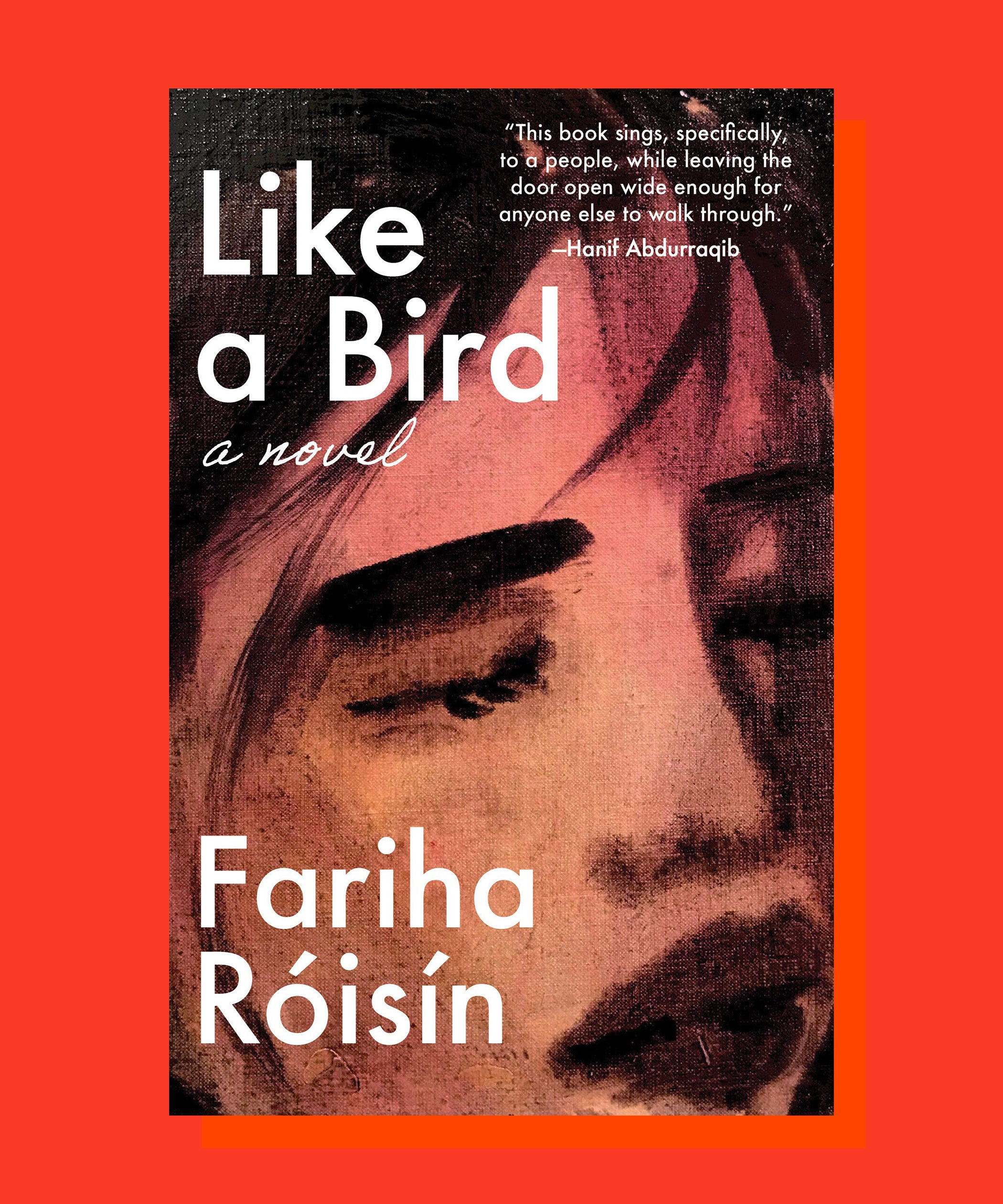
In Fariha Róisín's debut novel, Taylia Chatterjee has what must seem, from the outside, like a charmed life: Growing up on New York City's Upper West Side, she's the daughter of well-off intellectuals, who might primarily focus on their other, "golden" child, Alyssa, but who are smart and engaged and provide their daughters with a life of privilege. But on the inside, things are different: Her parents are not so much "involved" as they are oppressive, and their emotional distance reveals an unwillingness to understand either of their daughters on any level beyond the superficial. The depths of this disconnect becomes clear when tragedy strikes the Chatterjees; soon, Taylia is disowned by her parents and forced to figure out how to survive independently, and create a new family from the community she finds. In Like a Bird, Róisín — also the author of poetry book, How to Cure a Ghost — grapples with big issues, from identity to racism to sexual assault, but she does so with a lyricism and generosity that allow the reader intimate access into Taylia's experience, and the opportunity to feel the same empowerment and freedom that Taylia achieves for herself.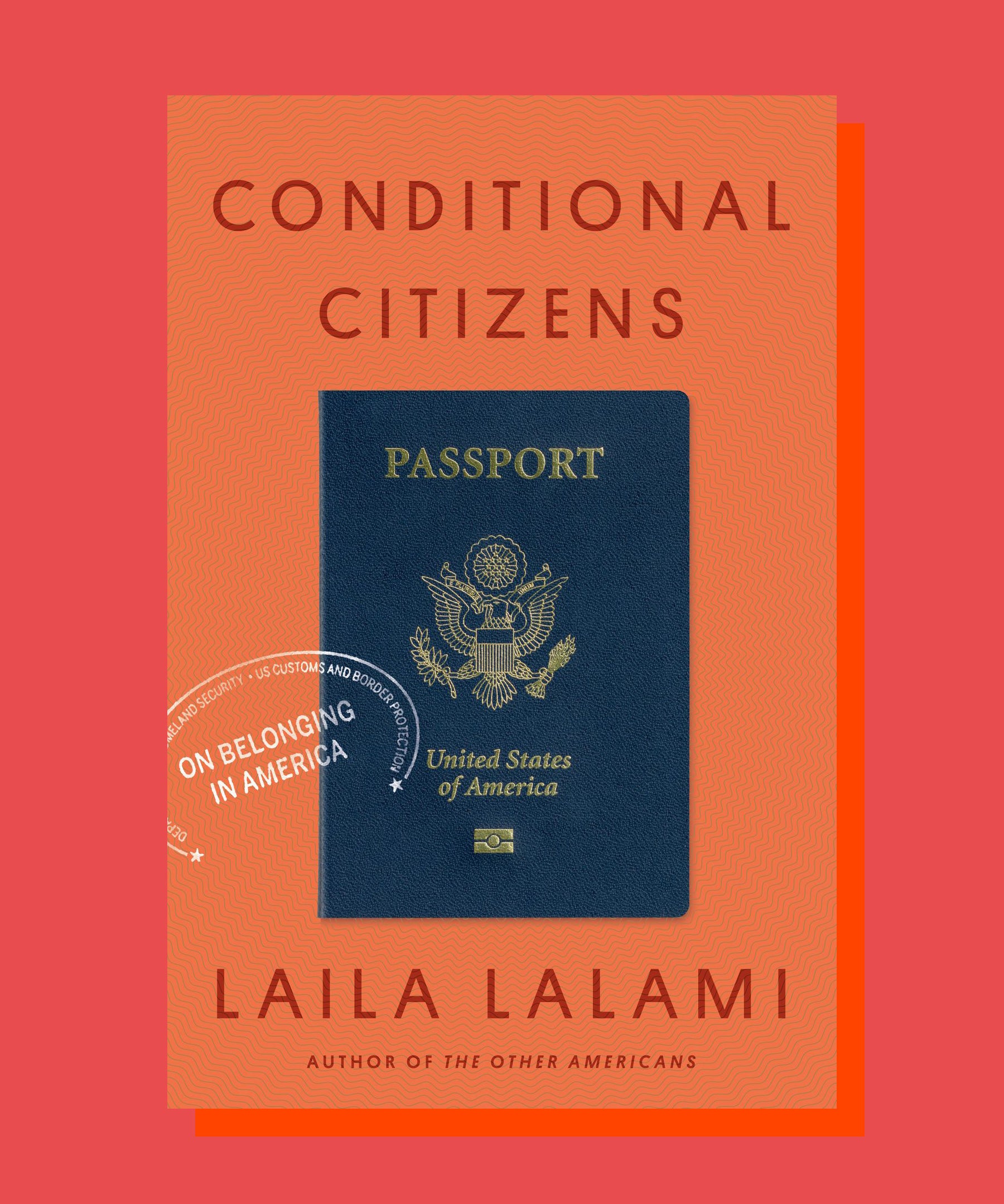
In this riveting exploration of identity, Laila Lalami uses her own experience as an immigrant to the U.S. — and "a woman, an Arab, and a Muslim" — to question what it really takes to be considered an American. Lailami deftly explores the many ways in which immigrant groups have been erased from our national history, and also makes clear how white supremacist and patriarchal institutions have made only a select few feel secure in their status of Americans. For millions of others, though, there is a constant precarity attached to living here, an insistent need to defend the fact that they belong, and that their right to live within the boundaries of their home should be more than just conditional. Rigorous, passionate, and incendiary, Conditional Citizens is a call to action, a reminder of the fact that the American Dream is a mirage for the very people who need it to be true.
This strange and stunning debut by K-Ming Chen is a singular combination of family epic and folkloric myth. Narrated by three generations of women, Bestiary follows the saga of one family through the voices of Ama, Mother, and Daughter, as they work to build a new life in America after immigrating from Taiwan, and are each individually forced to reconcile the trauma and violence in their lives with what they want to carry with them into the future. Chen's writing is fierce and tensile, the perfect tool for unspooling this magical story that addresses the very real issues surrounding identity, trauma, alienation, and desire.
It's best to go into reading Rumaan Alam's new novel without knowing anything about it. Go in thinking that it's just a fun, escapist novel about a well-off, white family of four from Brooklyn, who are vacationing for a week at the kind of house they could never afford to buy for themselves. Need a little more info? Ok, it's probably fine if you also know that, in the midst of their stay, the power goes out and the even more well-off, Black couple who own the house suddenly arrive on the doorstep, needing shelter for the night. That's a compelling enough premise right there, and Alam — who has proven himself an astute, fiercely funny chronicler of people blinded by their privilege in his prior novels, Rich and Pretty and That Kind of Mother — is at the top of his game detailing the petty habits of his characters (I could have read a whole novel comprised of what the renters buy at the grocery store and how they prepare their meals) and exploring the power dynamics and racial tensions that happen once the two families collide. But, of course, there is more to this book, which takes a sharp turn into one of the eeriest, most disturbing stories I've read in some time. (I will never look at flamingos the same way again. Or teeth! Especially teeth.) I will say no more, lest I give anything away, but suffice it to say that Alam has not only brought his singular precision and subversive wit to his newest novel, but also has ventured into new, unhinged territory, where the contours of everything might be recognizable, but what's contained within is wholly deranged.
In 2018, Australian journalist Ruby Hamad wrote a piece for The Guardian about "how "white women use strategic tears to silence women of color," and explored the many ways in which white women weaponize the "damsel in distress" trope to their advantage over women of color. Two years later, Hamad's White Tears/Brown Scars is an important expansion of that initial idea, a provocative exploration of the ways — both historic and current — that white women have been dangerous agents of white supremacy. Hamad cites examples from slavery to 18th century lynchings of Mexicans in America to modern-day BBQ Beckys to show the myriad ways in which white women conspire to wield their power over others, all the while deflecting any responsibility for what they've done. Hamad is a rigorous historical reporter and a powerful storyteller, and her work in White Tears/Brown Scars will leave readers appropriately unsettled, enraged, and urged to take action against the Amy Coopers of the world.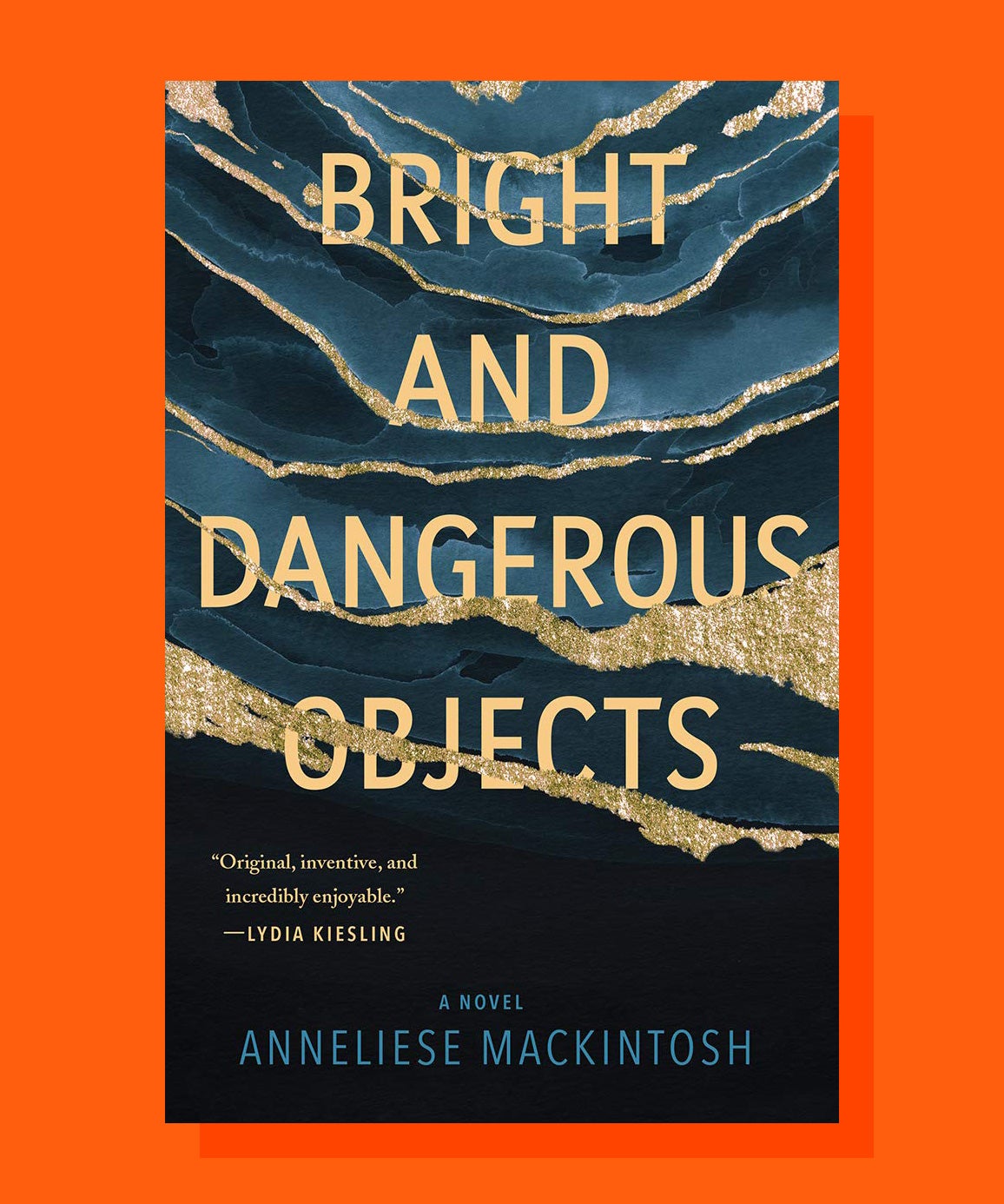
At the age of 37, deep-sea diver Solvig Dean must make a choice: be one of the first colonizers of Mars and a pioneer of space travel or... keep on living her same old life with her tattoo-artist boyfriend, James, who, in all fairness, does have a new sourdough starter to keep things interesting. What to do? Obviously I'm being a bit reductive here in presenting Solvig's choice, which is unfair because it's the very opposite of the way Anneliese Mackintosh presents the profound struggle Solvig undertakes, as she debates just what it is she wants to make out of her life, just who it is she wants to be. Bright and Dangerous Objects is a sensitive, clear-eyed look at one woman's quest to figure out what makes life worth living, and how unbearable it feels to have to truly sacrifice something you love in order to attain something else.

If you've read Sayaka Murata's last book, Convenience Store Woman (and if you haven't, you should remedy that immediately), you're familiar with her deadpan, absurdist style, which piercingly captures what it feels like to be an outsider. And Murata takes that theme to another level with Earthlings, in which it isn't just that Natsuki doesn't think she fits in with her family or her community — she's not even quite sure she belongs on this planet. From a young age, Natsuki knows she is misunderstood; her only real friend is her stuffed hedgehog, Piyuut. Although Natsuki does find some solace in her relationship with her cousin, Yuu, as she grows up she feels more and more certain that she is not of this world. This cunning fever dream of a book shows that, much like the universe itself, Murata's talents are ever-expanding; it's the purest pleasure to explore the darkest parts of it with her.
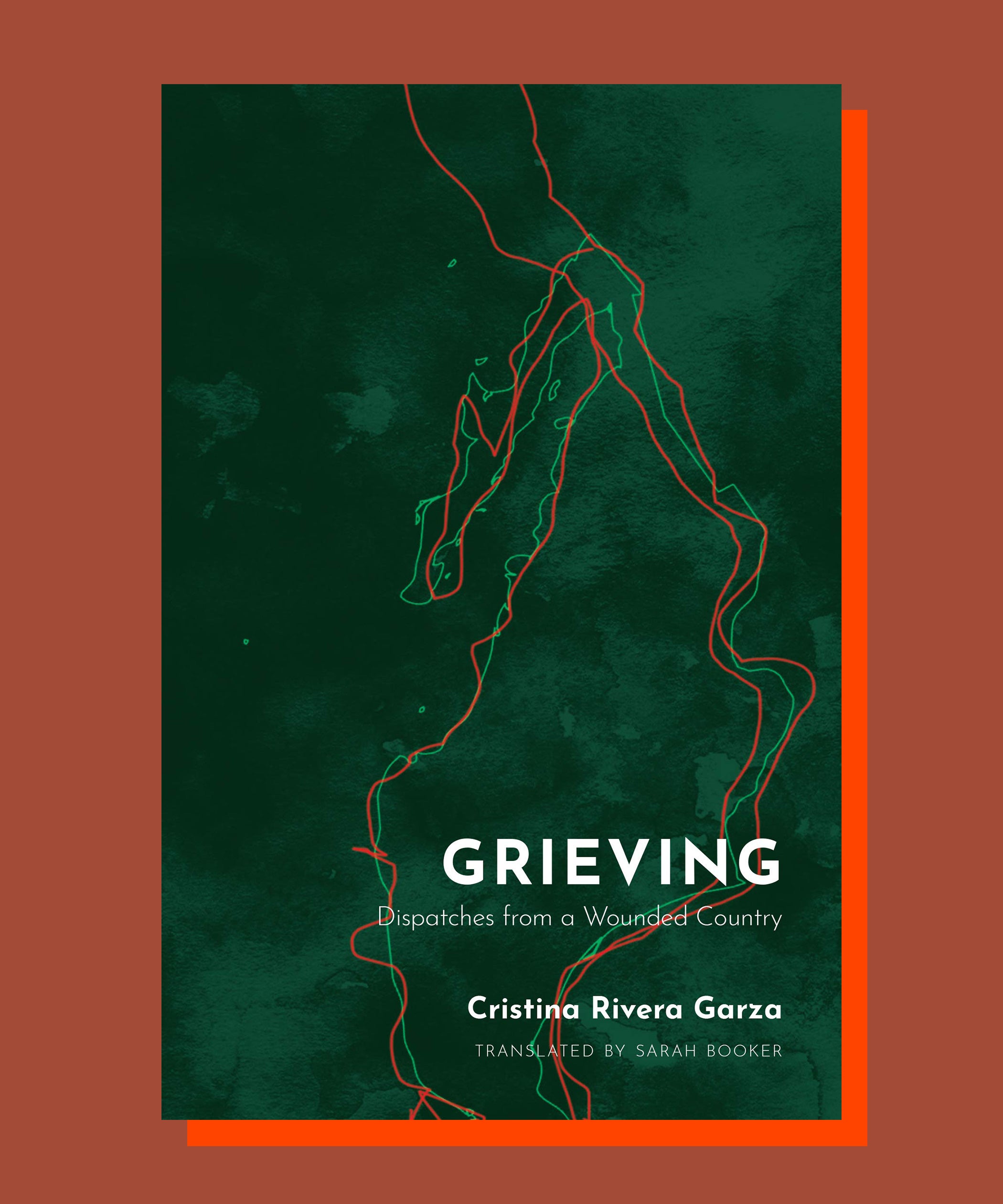
A combination of essays, analysis, and reporting, Cristina Rivera Garza's Grieving is a powerful, heartbreaking chronicle of the violence that's taken place in Mexico along the U.S.-Mexico border. And, powerful is the key word here — Rivera Garza's unflinching
descriptions of the horrors wrought by America's War on Drugs serve as essential testimony, a reminder that staying silent about violence only allows it to continue. As she explains: "As we write, as we work with language—the humblest and most powerful force available to us—we activate the potential of words, phrases, sentences." Grieving, then, is not only a book of mourning and loss, but one of vitality, of love, and of hope for a changed future.
In her stunning debut book of poetry, Destiny O. Birdsong explores themes of desire and violence, oppression and complicity, ecstasy and grief. It can feel like, when you're reading these poems, they're reading you right back; they confront those parts of the world, those parts in you, that are all too often hidden, but that urgently need to come to the surface. These poems are personal and political, and are, perhaps most of all, a powerful paean to Black womanhood — to resilience, and, especially, triumph.
This Senegal-set riff on Oliver Twist is far more than just a re-imagined narrative; it is a vibrant, life-affirming tale of camaraderie, resilience, and familial love. Ibrahimah is only 6 years old when he leaves his rural village to attend a religious school in Dakar. Once there, he forms a connection with his cousin Étienne, and the two work to make their way back home and escape the cruelty they find at the school. Keisha Bush integrates real-life incidents into the narrative, offering distressing glimpses into the lives of countless vulnerable children. And yet, this is not a story simply of despair, but rather one of hope and survival, beautifully, unforgettably rendered.
Offering the same slick, silvery, slightly dangerous appeal of a ball of mercury unhoused from an old glass thermometer, Stephanie LaCava's The Superrationals seeps under the skin, creating an indelible impression along the way. Centered around Mathilde — young, beautiful, brilliant, and rootless — The Superrationals hops around from New York to Europe, navigating the thorny and absurd worlds of art and media, giving insight into the specific intensity of the friendships that form at this time of life, and revealing the underlying darkness and detachment that motivates decisions about careers and sex and everything in-between. LaCava's language is precise and complex, beautifully capturing the ecstasy and ennui inherent to those most precarious moments of life.
I would hope you don't really need to be convinced to read a book celebrating Dolly Parton and the many women she's not only inspired but also given voice to through her work. But if you do need a little nudge, just know that you are in the best possible hands here with Sarah Smarsh, who intimately understands what it means to grow up as a woman in America's working class, and who writes with sensitivity, insight, and passion about the very women whom Parton has long centered in her songs; Smarsh and Parton are a perfect pairing for the kind of in-depth examination into gender and class and what it means to be a woman and a working class hero that feels particularly important right now.
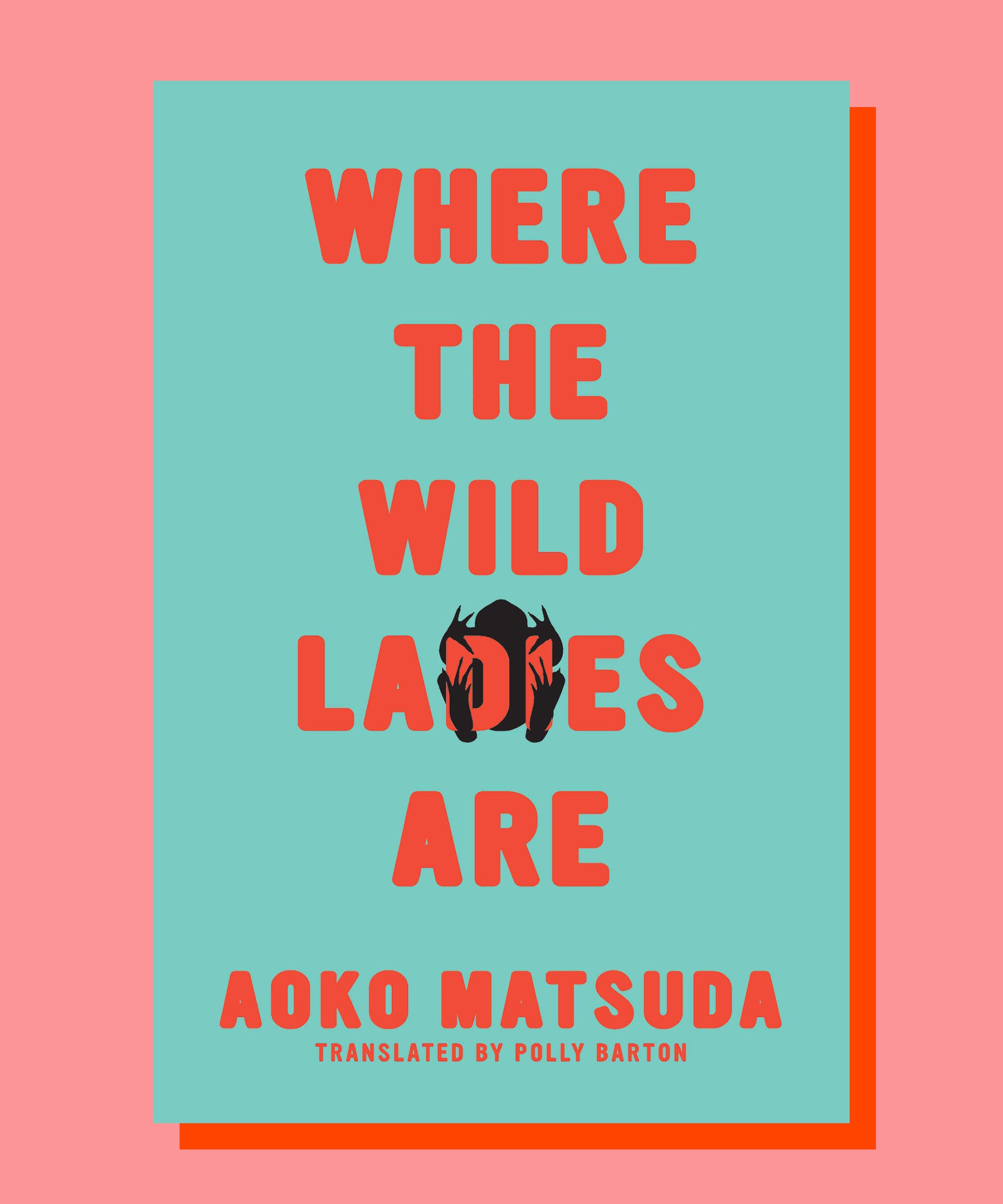
Reading these re-imagined Japanese folktales is a true, delirious pleasure — the uplifting, unwinding kind that otherwise feels in short supply these days. In Where the Wild Ladies Are, Aoka Matsuda has taken traditional stories and infused them with an unhinged feminist energy that feels subversive, sly, and nothing short of revelatory. It's a reinvention that offers up a whole new way to look at all our foundational myths, and allows us to conceive of a present and future that prioritizes openness and absurdity instead of restricting paradigms and dogma.
What can you tell about someone just by looking at them? It's a provocative question at any time, but perhaps never more so than now, when so many of us are walking around with our faces covered by masks, muting so many of the visual cues we use to, well, judge each other. In her new book of essays, Namwali Serpell (The Old Drift) explores the ways in which we use other people's faces to determine the characters that reside within, and how those assessments shift dramatically based on who is making them. Serpell analyzes reactions to faces from Joseph Merrick's ("The Elephant Man") to those of the grizzly bears in Werner Herzog's documentary Grizzly Man, and demonstrates the ways in which we can subvert and recontextualize our reliance on faces to reveal who a person really is, and learn to define that which we see as being "strange" as being beautiful.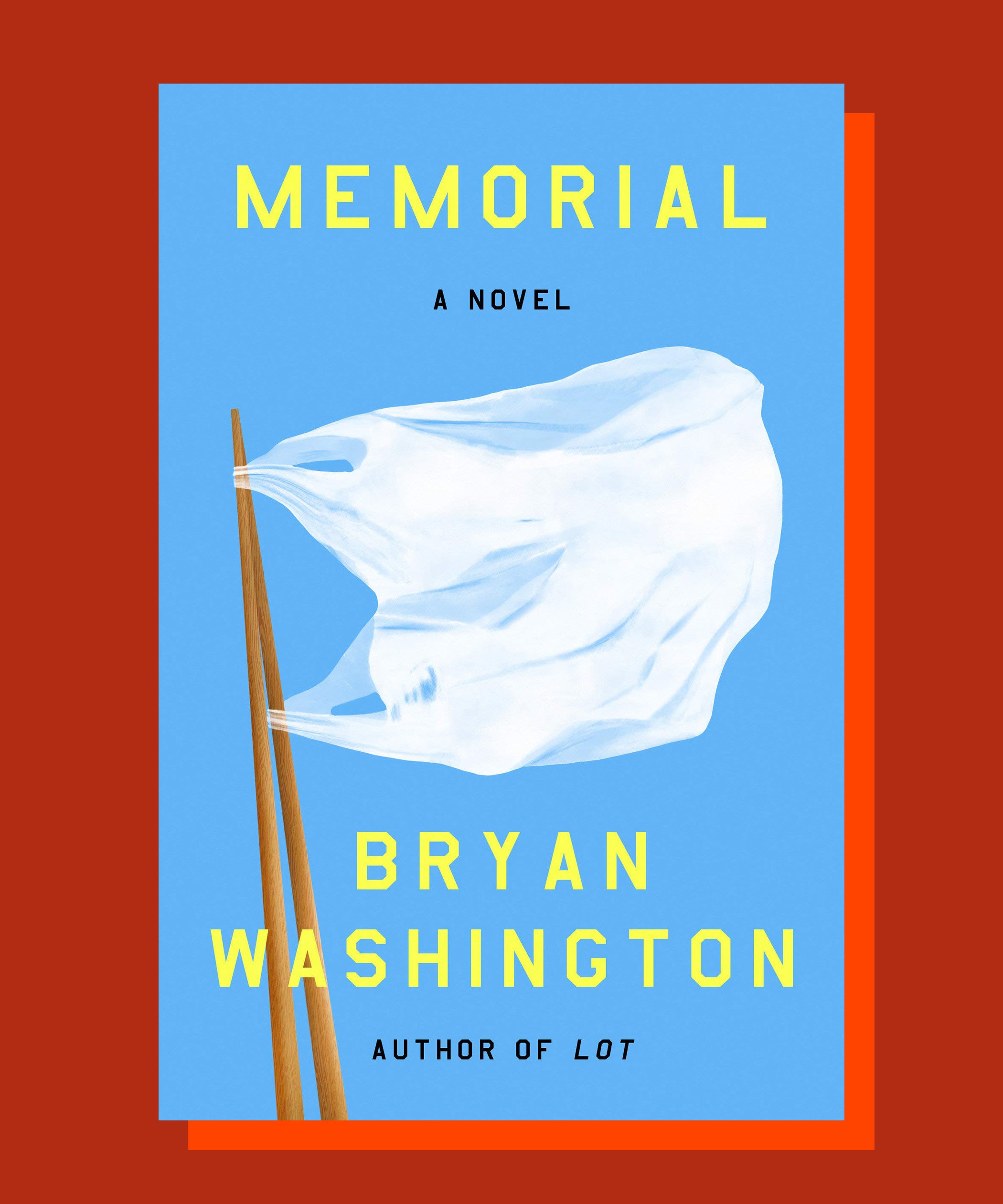
A follow-up to his remarkable short story collection, Lot, Bryan Washington's debut novel, Memorial, is a very different kind of love story, one that's just as much about what happens as love fades or when it's rebuilt, as when it's at its strongest. Benson and Mike have reached a point in their multi-year relationship where they find themselves questioning if love is enough. Rather than having to confront this head-on, Mike leaves their Houston home and goes to Osaka, to care for his estranged father, who's dying of cancer. Back in Texas, Ben spends time with his new roommate — Mike's mother, Matsuko — and struggles with his own complicated relationship with his family. Washington's deeply touching (and deeply funny) look at love, sex, family, grief, and the ways in which we take care of each other is a revelation, a reminder of how powerful a novel can be. Added bonus? It will also make you want to make okayu the next time you're feeling heartsick.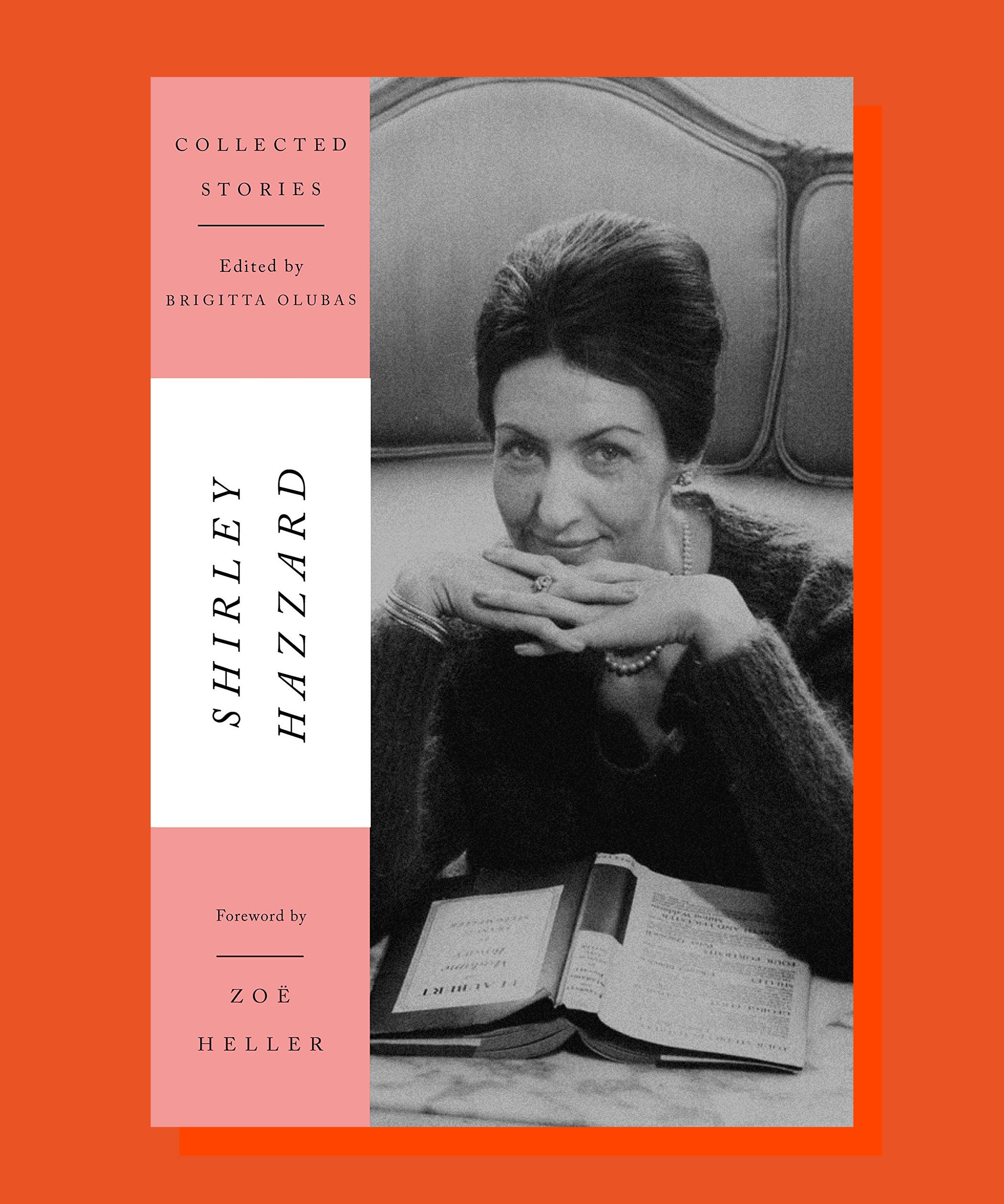
If you have yet to read Shirley Hazzard, well, you're in for a treat. And there's no better place to dive into her work than with this new release of her collected stories, which include two of Hazzard's published books of stories (Cliffs of Fall and People in Glass Houses) as well as many previously unreleased works. Her writing is elegant, precise, and endlessly quotable, but its formal perfection doesn't preclude a biting wit and cunning style. (Exhibit A: ("Marriage is like democracy—it doesn’t really work, but it’s all we’ve been able to come up with.") And, truly, what better time to lose yourself in stories, specifically those about the inanities of bureaucracy, than on Election Day? Vote first, of course, but then read some Hazzard.
In White Ivy, her debut novel, Susie Yang has created a uniquely compelling protagonist, the kind whose thoughts and actions echo in your head long after you finish the book. Ivy Lin is just a child when she moves from China to Massachusetts with her family. Her grandmother teaches her how to steal and lie — how to take some of the wealth to which they are only adjacent and claim it for themselves. This type of covetousness extends beyond the things Ivy finds at yard sales and stores and extends to the wealthy Speyer family, within whose lives Ivy wants to insinuate herself — especially its scion, Gideon. This gripping story of ambition, assimilation, and identity sinks its teeth into you, refusing to let go till the last page — just the kind of tenacity that Ivy would most admire.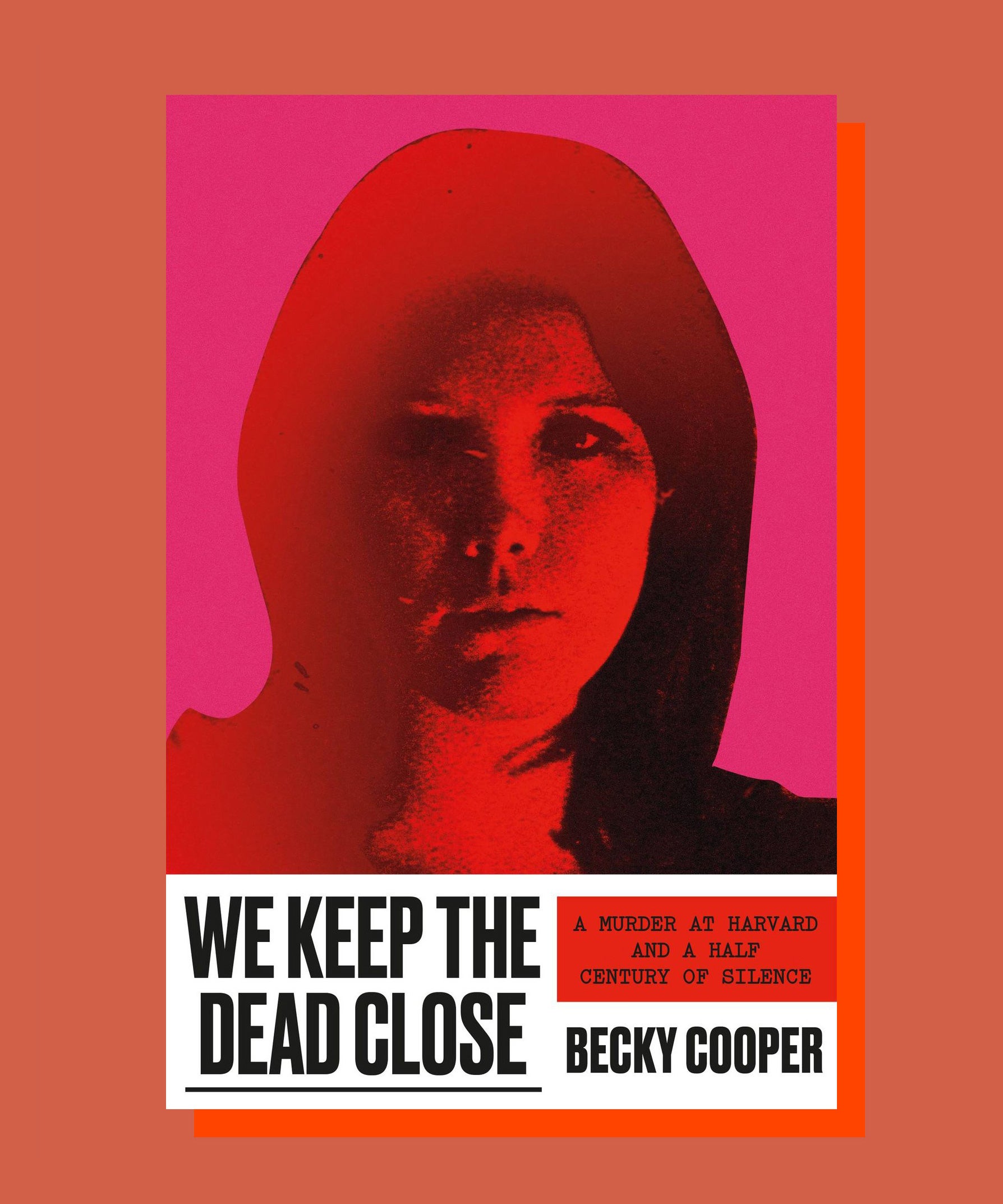
In 1969, Jane Britton was a 23-year-old graduate student at Harvard, who was found bludgeoned to death in her apartment off-campus. Forty years later, the case is still unsolved and Becky Cooper, a Harvard undergraduate, is entranced by this long-ago mystery, and compelled to investigate what really happened. The result is this fascinating, haunting book, which Cooper has been working toward writing for the last 10 years, sifting through old documents, debunking baseless rumors, and compiling a picture of an academic world that is ruled by an archaic and highly gendered code of conduct, one that prioritizes ambitious men, and punishes similar women. Cooper doesn't only interrogate Harvard, though, she casts a harsh light on the way our society at-large conspires to bolster the kind of institutions that perpetuate inequality and injustice, and even interrogates her own participation in that system.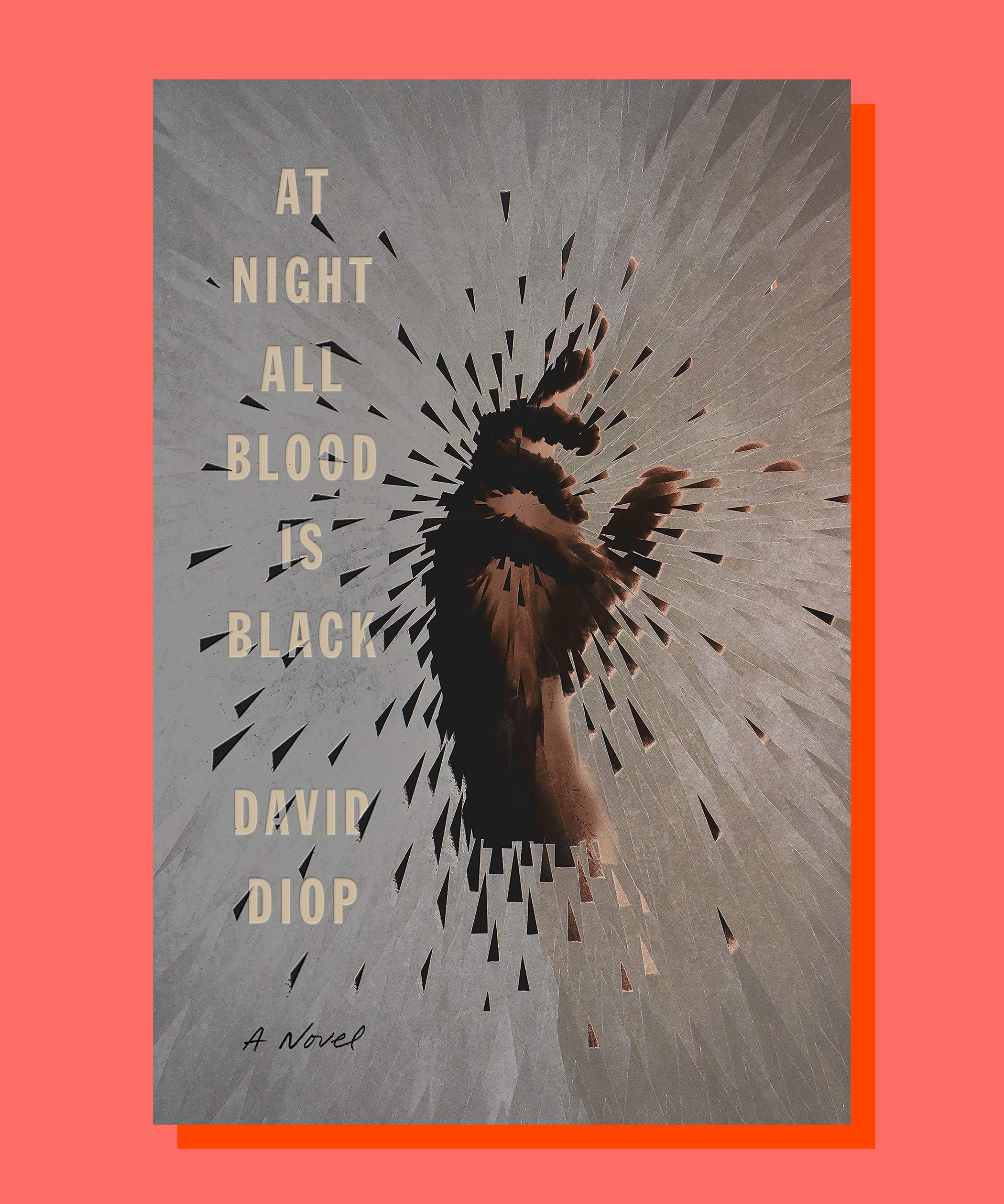
Visceral, harrowing, yet absolutely riveting, David Diop's All Night All Blood Is Black is a World War I novel told from the perspective of a Senegalese soldier fighting for France — a "Chocolat" — who is driven mad by the pointless quotidian cruelties of endless bloodshed. After 20-year-old Alfa finds himself unable to kill his already mortally wounded best friend, he is racked with guilt and assuages it by bringing an added fierceness to his nightly assaults on the "blue-eyed enemy": He not only kills German soldiers, but collects their hands as spoils of war. With searing precision, Diop captures the inherent insanity of war, the way it makes demons of us all, and strips soldiers of their humanity for the end goal of further entrenching the status of the powerful.
Each of the stories in The Office of Historical Corrections, Danielle Evans's newest book, further solidifies her well-earned reputation as one of the most incisive, resonant writers working today. In it, Evans brilliantly reflects and dissects contemporary crises surrounding race, identity, and America, using her fierce wit to target the kind of white college student who goes viral thanks to a photo showing her wearing a Confederate flag bikini ("Boys Go to Jupiter"). But it's in the titular novella, in which a Black woman living in Washington, D.C. starts investigating a historical mystery that has stakes both personal and societal, that Evans will really blow your mind, leaving you to put the pieces back together.
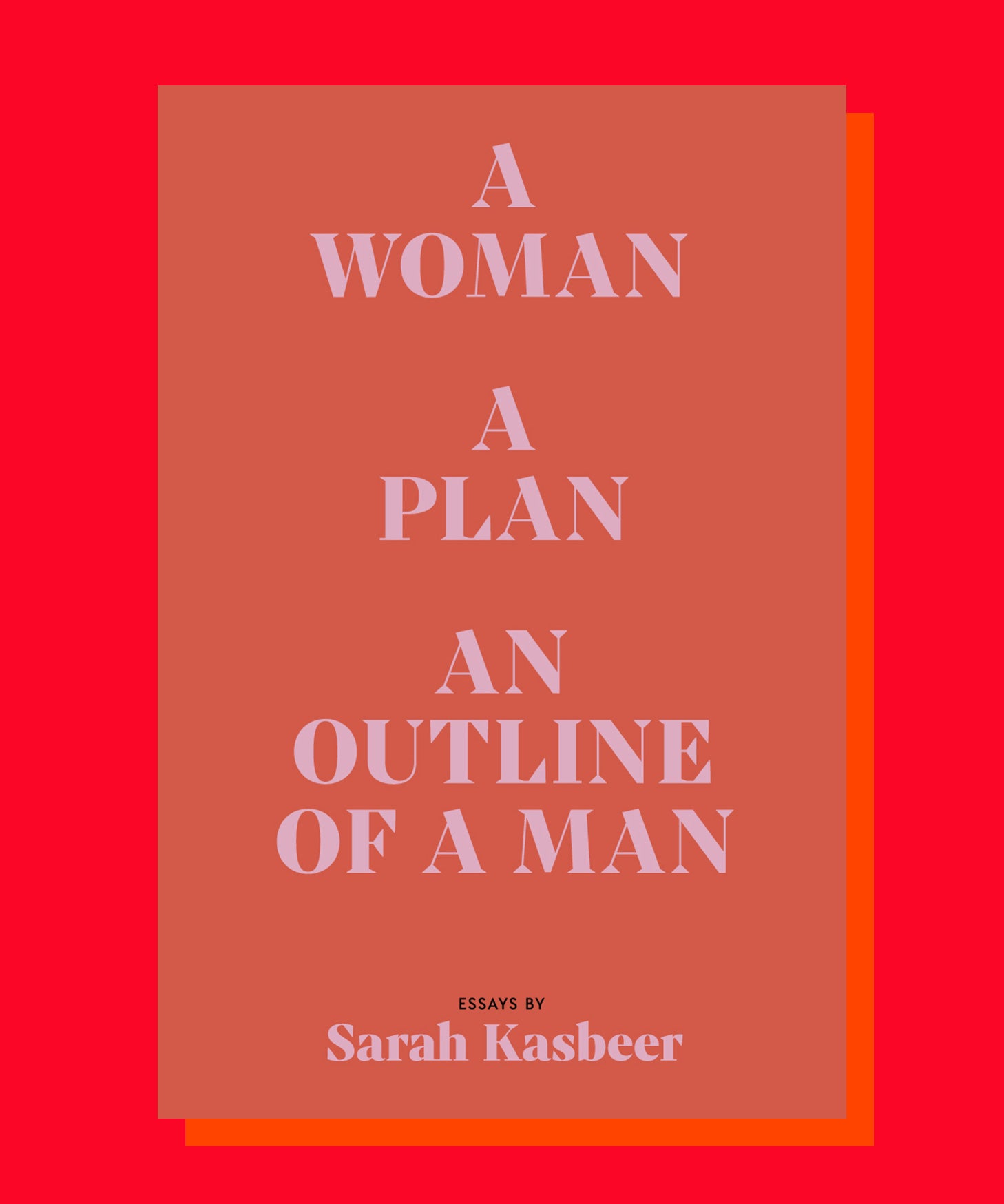
In her debut essay collection, Sarah Kasbeer reflects on the instances of her life — messy and traumatic, revelatory and hopeful — that have shaped who she is, and that expose the difficulties that come with coming of age as a woman in America. Kasbeer's style is lucid and frank; reading these stories feels like a conversation with a good friend — nothing feels hidden, no matter how painful or how deeply buried. But these aren't only essays about trauma, they are also about resilience and recovery and release.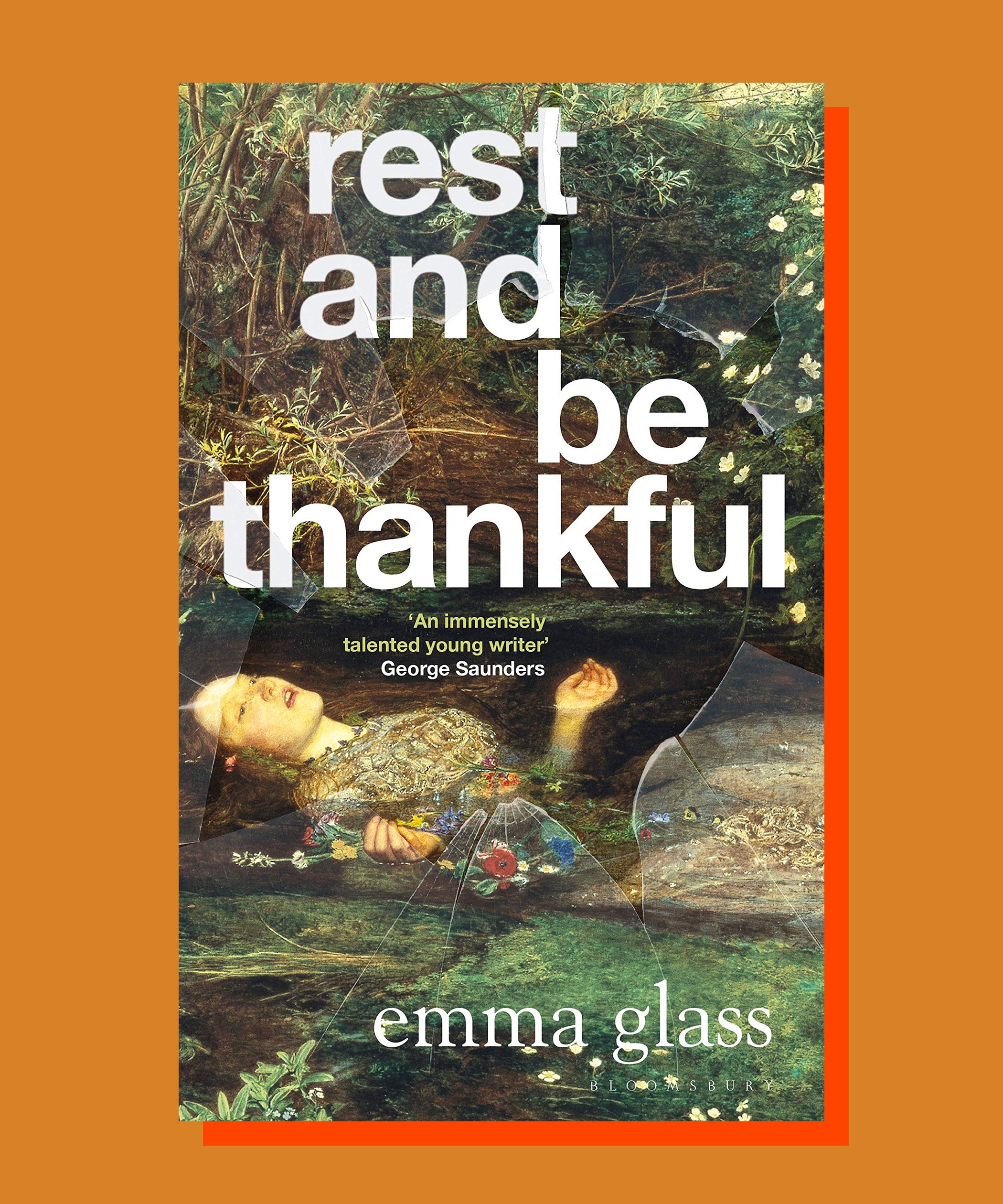
As readers of her visceral debut novel, Peach, know, Emma Glass writes in fractals — spinning, spiraling sentences that look chaotic at a glance, but that actually have an intricate, involving pattern, that speaks to a universal, if complicated truth. In her newest book, Glass — who is a nurse as well as an author — tells the story of Laura, a pediatric nurse, who, it can fairly be said, is not doing so well. It's not only that she's exhausted, both physically and psychically, from caring for severely ill babies, it's also that she's in a relationship that's on the verge of collapse. So, it's not surprising, then, when Laura begins to have nightmares and starts hallucinating, all while struggling to navigate through a job that only feels more fraught by the day. Atmospheric and eerie, Rest and Be Thankful is full of Glass's poetic observations, and will leave you thoroughly haunted and entranced.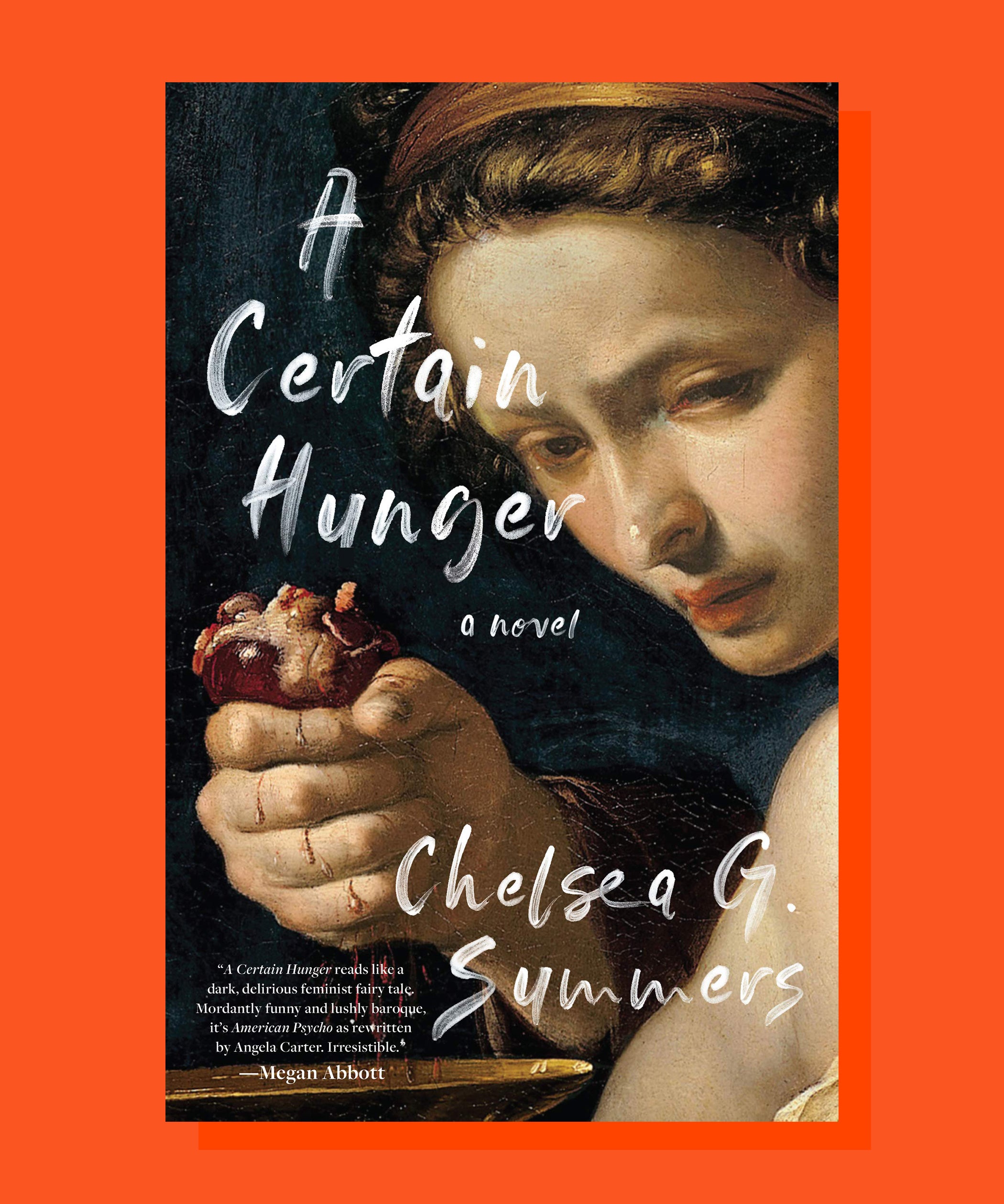
Riotously funny and deliriously unhinged, Chelsea G. Summers's A Certain Hunger is the perfect send-up of foodie culture, media, and serial killers-as-sex objects. Patrick Bateman and Hannibal Lecter have nothing on Dorothy Daniels, a 51-year-old food critic, who has an appetite for food and life, sure, but also for killing men — in part as a means to ward off any impending irrelevance (it's hard to be in media as an aging woman), and in part just because she can. It still feels somewhat subversive in fiction for a woman to be allowed the same appetites as a man, but Dorothy Daniels has the biggest appetite — for food, for sex, for blood, for power — I've ever seen, making for an altogether delicious, deranged read.
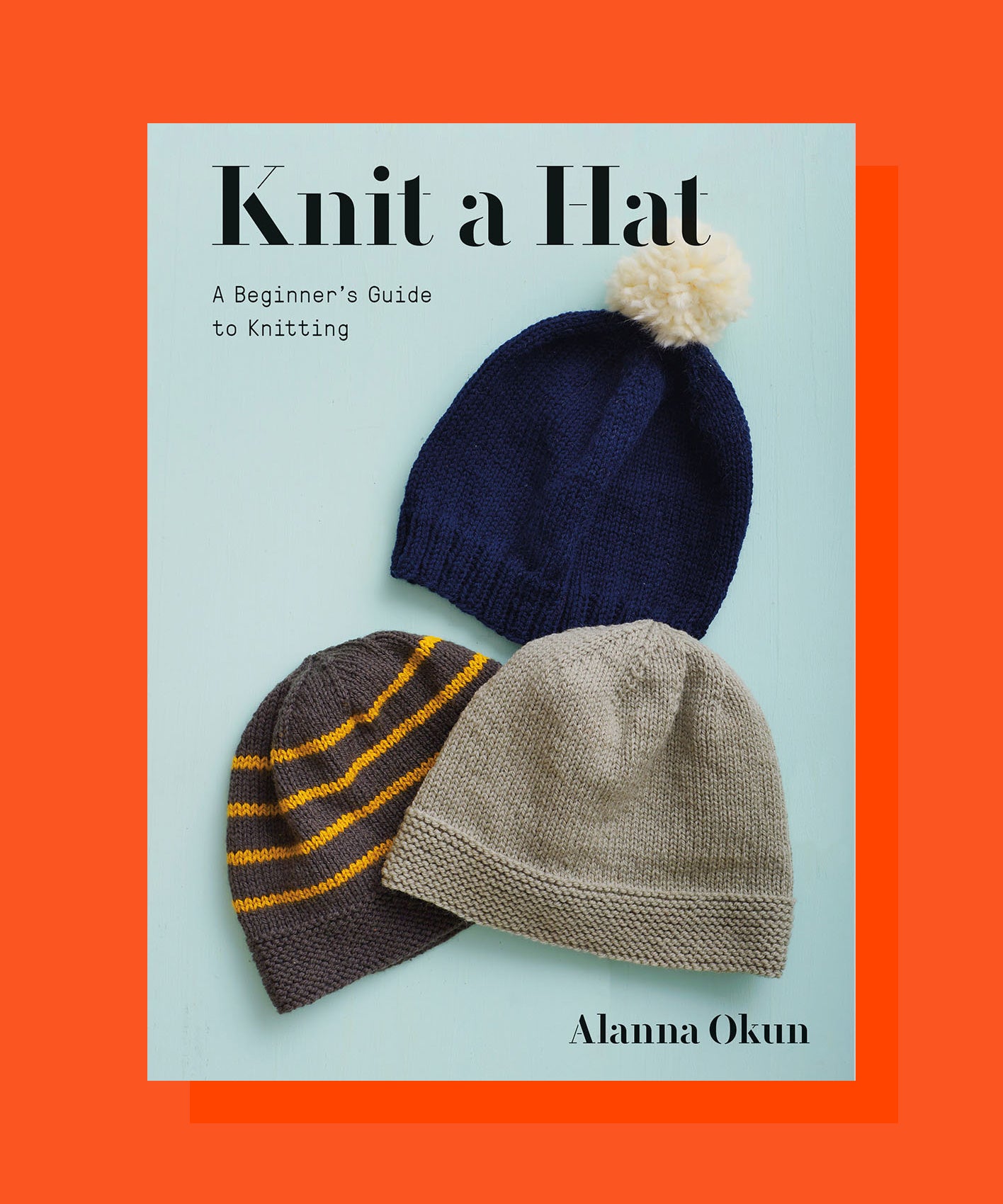
Like what you see? How about some more R29 goodness, right here?
Here Are All The Best Books To Read This Summer
Interview: Eula Biss On 'Having And Being Had'
The Best Books Of 2020, So Far
DMTBeautySpot
via https://www.DMTBeautySpot.com
Kristin Iversen, Khareem Sudlow

0 comments